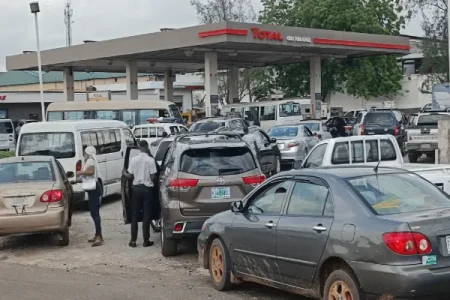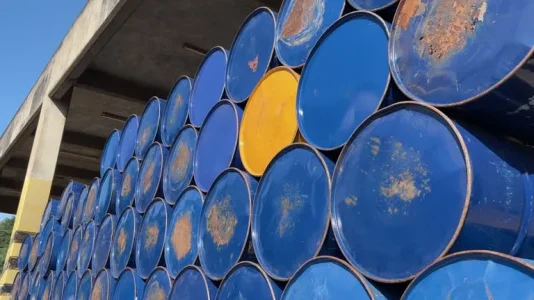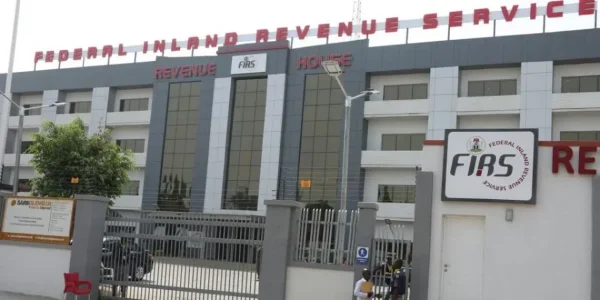
Nigeria's petrol crisis intensifies as calls for a market-based pricing mechanism grow. The Nigeria National Petroleum Company (NNPC) faces a $6 billion debt to suppliers, leading to rising fuel prices and shortages. Experts urge the government to eliminate subsidies and implement reforms for sustainable energy solutions.
The ongoing petrol crisis in Nigeria has intensified calls for a shift to a market-based pricing mechanism for premium motor spirit (PMS), as consumers face long queues at fuel stations. The Nigeria National Petroleum Company (NNPC) Limited is grappling with a staggering debt of around $6 billion to international suppliers, leading to payment delays that have caused several suppliers to withdraw from recent tenders. The company's financial strain stems from overdue payments exceeding $4 billion for petrol imports, reminiscent of the fuel subsidy system that was abolished in May 2023.
As a result, petrol prices have surged, with reports of costs reaching N1,000 per litre, while certain areas experience outright shortages. For instance, a resident of the Federal Capital Territory disclosed purchasing five litres for N9,000, highlighting the growing distress among consumers.
Experts advocate for a comprehensive overhaul of the NNPC's operations, urging the government to eliminate petrol subsidies to foster a more sustainable energy market. Analysts emphasize that fixing prices below market value will perpetuate supply shortages. Observers argue that the NNPC must transition to a more commercial model to attract investment and ensure energy security, noting that the lack of reform could hinder the company’s potential to operate efficiently. The situation has sparked a renewed debate on the need for strategic policy interventions in Nigeria's energy sector.




